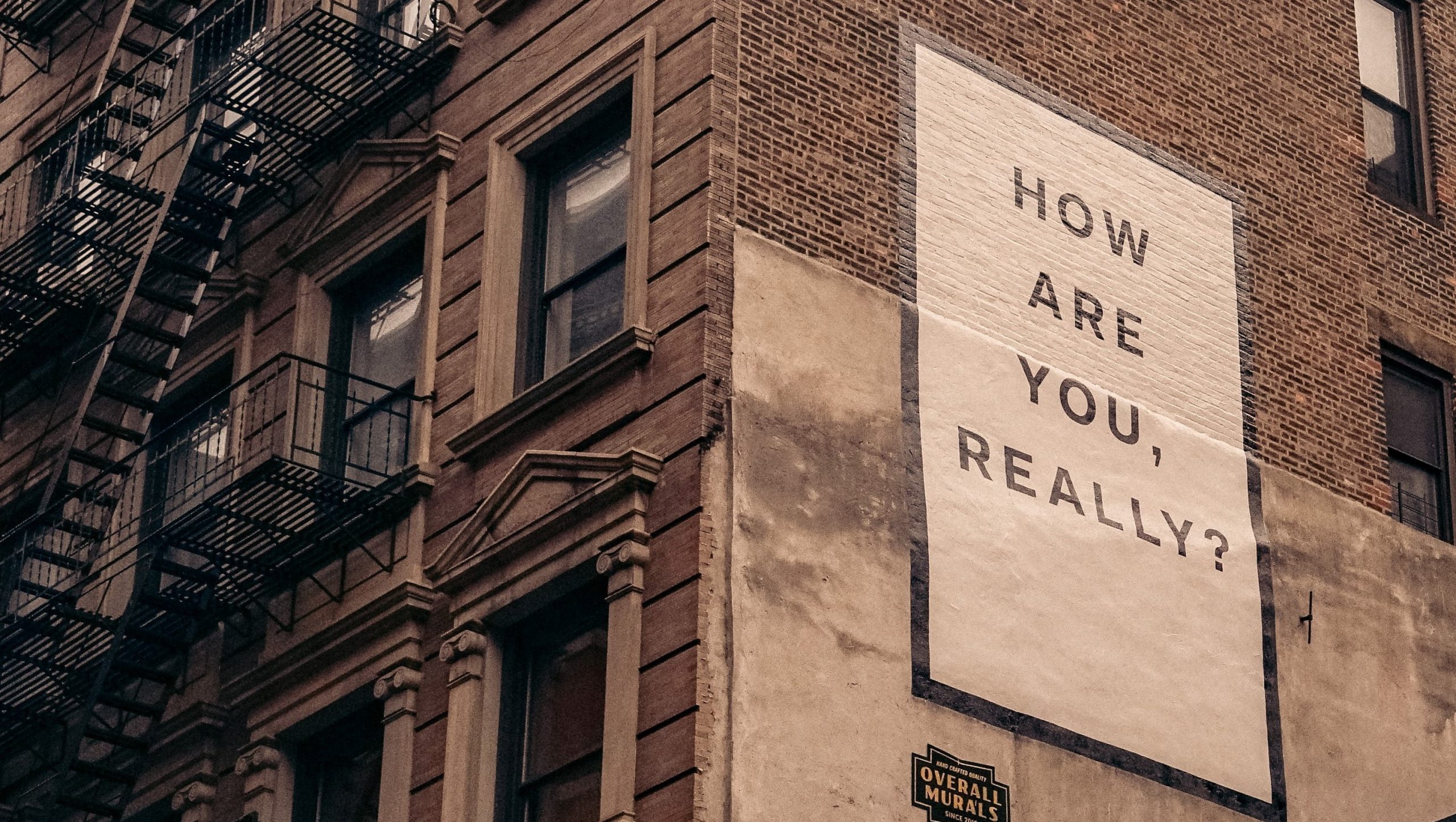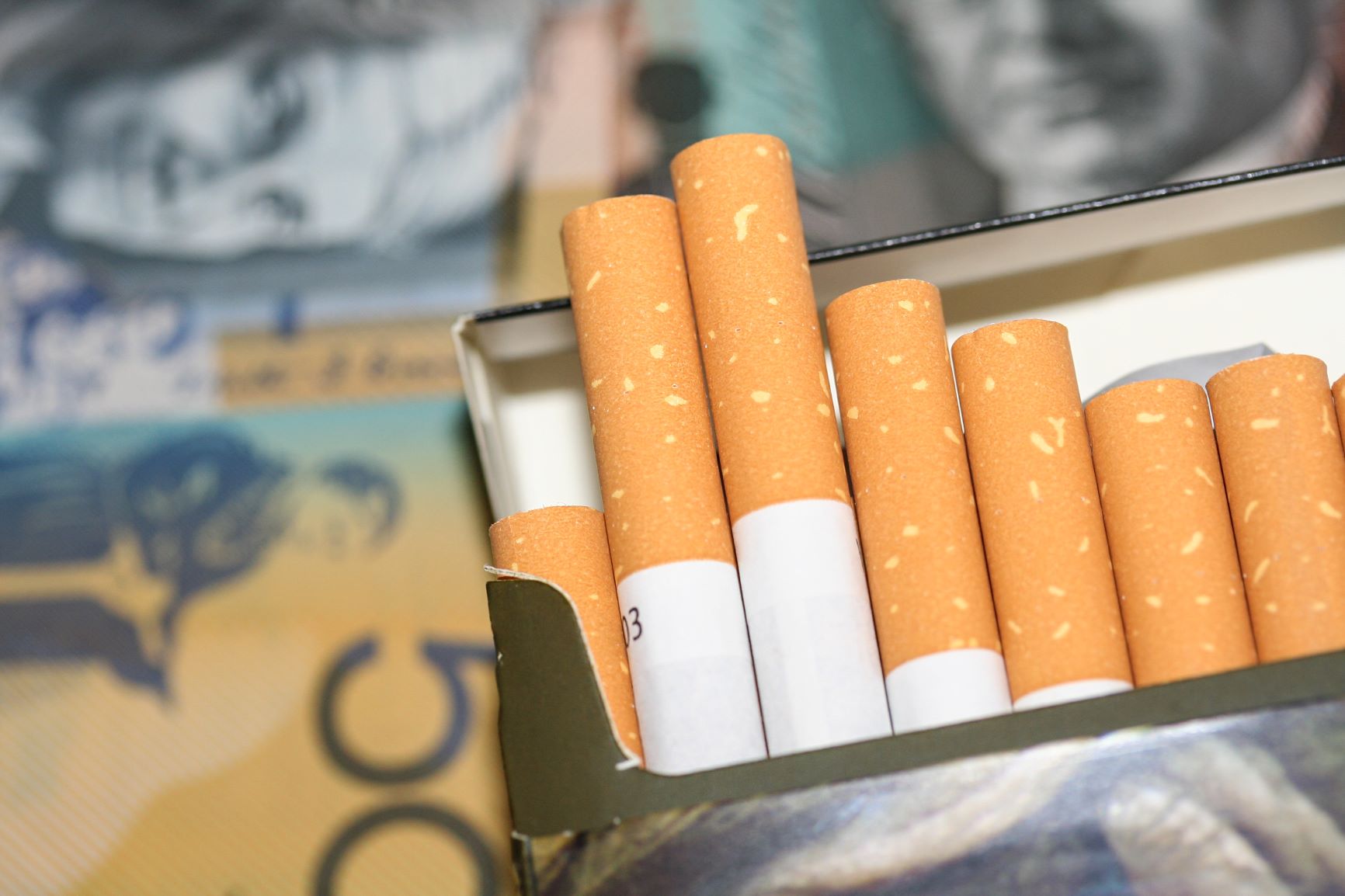
That’s nice, but how are you, REALLY?
July 7, 2020
A pack a day habit? That’ll be $10,000 thanks!
September 7, 2020Argh!!! It’s OK to be damned ANGRY!

‘Anger is an energy’ was an open statement, saying, ‘Don’t view anger negatively, don’t deny it – use it to be creative.’ John Lydon (AKA Johnny Rotten).
As a natural therapist, specialising in emotional trauma, I encounter a large number of clients telling me they ‘don’t do anger’. Worse, I repeatedly hear from clients it’s been drummed into them, that anger is a negative and destructive emotion, that has to be put aside, pushed down, or that it must be outright denied.
Well, I want to tell you, in my therapy chair, we engage the energy of your anger, because it’s there for a reason. Your anger is actually a protective emotion. To let it go, it must be understood, its purpose acknowledged, before it can be appropriately channeled and resolved.
Time for a little perspective realignment. Anger is a spectrum of emotions ranging from annoyed to aggressive, from exasperated to enraged, including everything in between, and these emotions usually manifest passively or aggressively. Passive anger involves expressing anger overtly, but internalising it, and seething privately. For example, slamming doors and muttering under one’s breath. Aggressive anger is typically expressed openly, unfiltered, and often without self-control.
How we use and express our anger is a learned behaviour, and where we haven’t learned to deal with it effectively, it will ultimately have a detrimental impact on our lives. Especially on our relationships, and our ongoing health.
At the milder end of the emotional range, anger can be viewed as a regular, temporary emotion, offering an instant shot of strength and confidence, giving us a feeling of being in control. It can be a useful source of motivation, and by venting anger, we can often find relief. In its extreme, volatile anger may result in loss of self-control, leading to the physical or emotional harm of ourselves or others.
So why does anger become so reactive? It’s because anger acts like an impenetrable, protective wall, designed to keep you safe from all of those other, underlying, more distressing emotions. Yes, that instantaneous angry lashing out is almost always covering something else, like feelings of sadness, inadequacy, fear, hurt, guilt, or shame.
Accordingly, if anger is really a protective force, it’s fair to say that if harnessed in the right way, it can be enormously empowering, and useful, in defending our basic rights to justice, and non-violation, and in helping us to overcome those emotional blocks that keep us stuck. It is powerful enough to realign both the mind, and the body.
In relation to emotional trauma, this use of protective anger is what John Lydon, AKA Johnny Rotten, credits for his recovery from severe memory loss after waking from a coma, due to childhood meningitis. The advice given to his parents in the early 1960s, by the hospital, was to keep John angry so that his mind would be stimulated to restart his memories. And it worked.
And it works still today.
About Us
Imagine. Believe. Become!
If you would like additional information you can find it at www.whisperedwisdom.com.au.
Alternatively, you could follow us on Facebook, email lee@whisperedwisdom.com.au, or call M: 0427 431 567.

